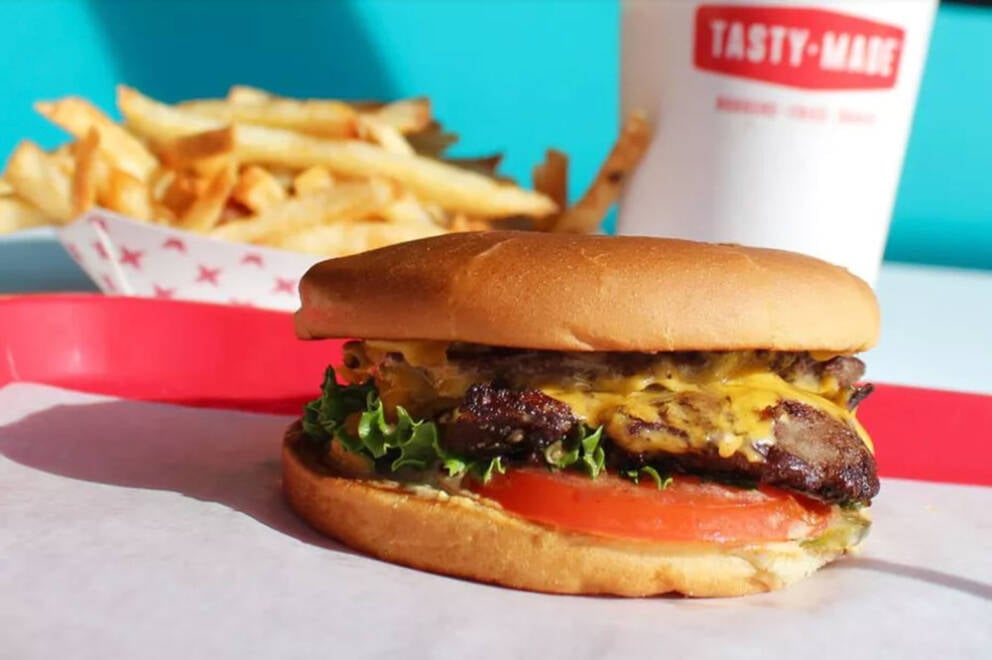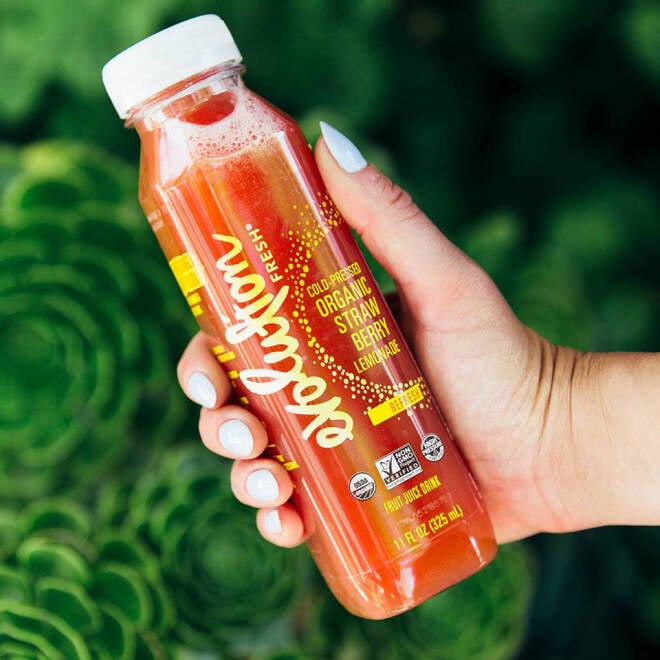Ketchup catch-up
The ketchup kings at Heinz are trying to stir up the condiment market with their new Mayochup.
HEINZ

Burgers < Burritos
2018 did not start well for Chipotle. The burrito chain had to deal with food safety issues as well as changing management.
TASTY MADE

Lay off the juice
Starbucks is such a household name that it’s easy to forget they’re not afraid to innovate.
EVOLUTION FRESH

The revolution that didn't happen
LocoL was meant to start a revolution. And it kind of did, for a little while.
LOCOL

INTERESTING FAILURES IN DIVERSIFICATION

Jelle Steenbergen Xiao-Er Kong
Trying new things doesn’t always work out. A flat-on-your-face failure can oftentimes be more educational than a no holds barred success. We’ve collected a few examples of attempted stretches that didn’t pan out, and what we can learn from them.

INTERESTING FAILURES IN DIVERSIFICATION
The ketchup kings at Heinz are trying to stir up the condiment market with their new Mayochup. If you’re thinking ‘but mixing mayonnaise and ketchup isn’t new’ you’re not the only one. Social media backlash against the product was instant, with people up in arms about Heinz seeming to claim the invention as their own. Regardless, enough people backed the idea for Heinz to go ahead with the launch. Time will tell whether or not this turns out to have been a good idea.
What went wrong?
It’s unclear whether Heinz’ campaign was carefully designed to go viral or if it was the result of unusual ignorance. In either case, it seems the company would have fared better by conducting more market research. The product, straightforward as it is, already exists. Now there is nothing wrong with trying to enter an existing market. Heinz’ attempt, however, could probably have benefitted from a little more subtlety.
HEINZ
Ketchup catch-up

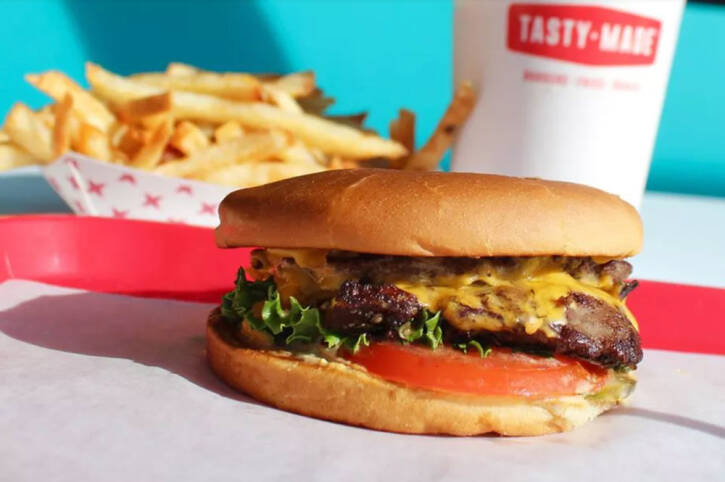
2018 did not start well for Chipotle. The burrito chain had to deal with food safety issues as well as changing management. They seemed to have changed things around with better than expected second quarter results, however. In the midst of all the chaos one could be forgiven for overlooking the closure of Tasty Made, Chipotle’s unsuccessful foray into burger territory. The lone Ohio location of Tasty Made shut its doors this spring because the economics just weren’t there.
What went wrong?
First impressions matter, and Tasty Made didn’t manage to impress when it launched in 2016. For a high profile stretch like this, negative word of mouth is an unmitigated disaster. Chipotle made a concerted effort to improve, bringing in an outside chef to make the food better. Despite the moderate success of the overhaul, however, they weren’t able to sufficiently recover from the initial hit. These days, you have to come out swinging, even - or especially - as a high profile player.
TASTY MADE
Burgers < Burritos

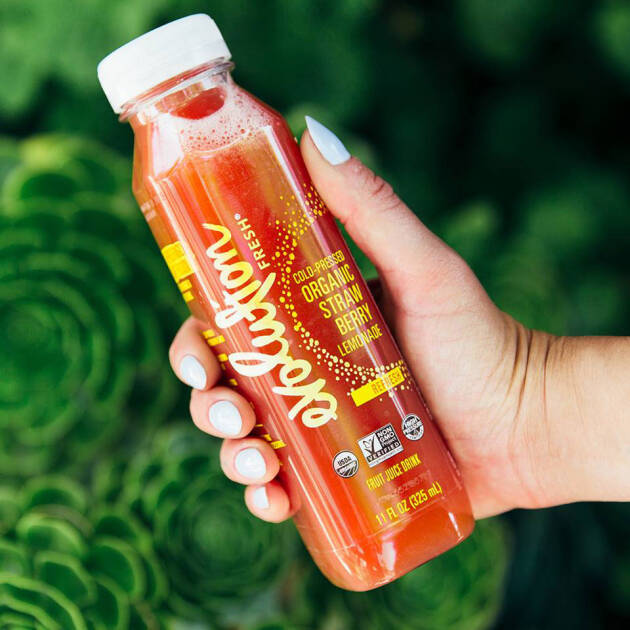
Starbucks is such a household name that it’s easy to forget they’re not afraid to innovate. Their new line of Reserve Roasteries in Seattle, Shanghai, and Milan are a showcase of their grand ambitions. But they’re not immune to failure. In 2011 Starbucks saw an opportunity to diversify and jump on the hype-train of pressed juices. They bought Evolution Fresh for $30 million, and established a number of brick and mortar juice bars. In 2017, they closed the last of the Evolution Fresh stores.
What went wrong?
In many ways, Starbucks was ahead of its time. The popularity of juices has surged in the last few years. The Starbucks brand, however, evolved in a different direction. While pre-packaged juices are still a part of thousands of Starbucks stores worldwide, they never succeeded in making Evolution Fresh a household name in the same way their coffee is. Their decision to focus on their strengths instead is one many companies can learn from.
EVOLUTION FRESH
Lay off the juice

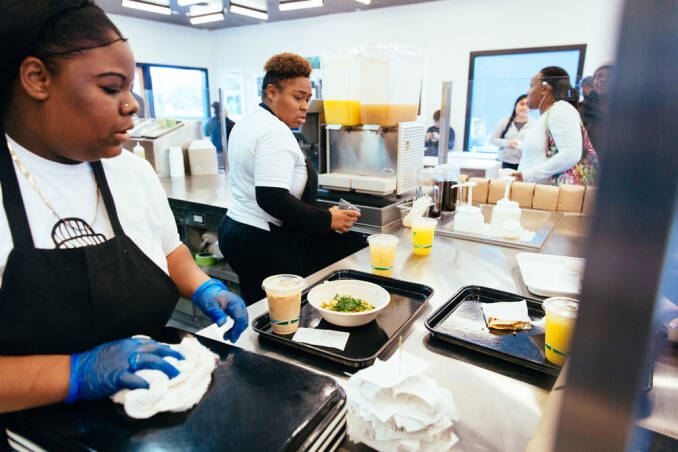
Locol was meant to start a revolution. And it kind of did, for a little while. The concept as it was dreamt up by Roy Choi and David Patterson, both seasoned entrepreneurs with a clear vision, was elegant in its simplicity. Healthy food for everybody, especially those who need it most. The stretch was in their branding, their pricing, their chosen locations. They were taking the fight to hunger where the situation was most dire. But it didn’t pan out. Locol has since closed all stores to refocus on catering.
What went wrong?
To put it bluntly, the target audience wasn’t showing up. The Locol movement captured the attention of food media and foodies across the country. So much so that New York Times critic Pete Wells flew across the country to give Locol a now infamous zero stars. One has to wonder if the massive mainstream attention scared away the people Locol wanted to reach. They overshot, and once the hype died down, the locals had decided Locol wasn’t for them.
LOCOL
The revolution that didn't happen

Jelle Steenbergen Xiao-Er Kong
Trying new things doesn’t always work out. A flat-on-your-face failure can oftentimes be more educational than a no holds barred success. We’ve collected a few examples of attempted stretches that didn’t pan out, and what we can learn from them.
